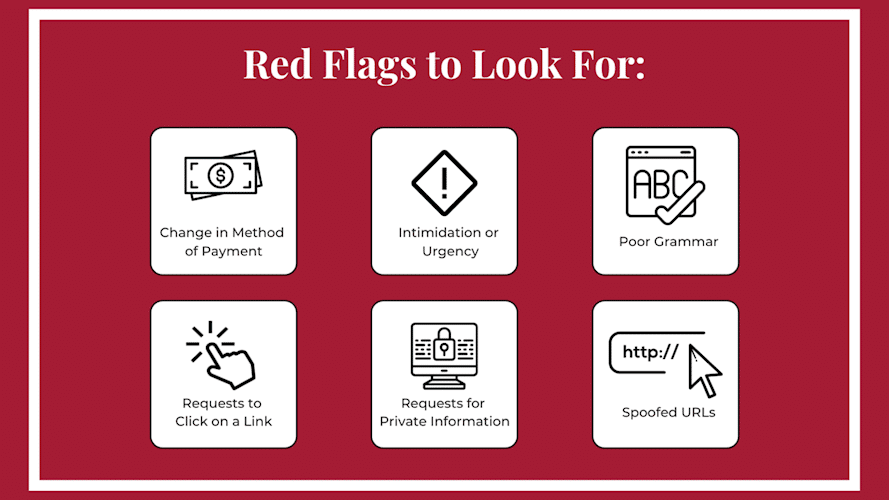The Essentials of Web Hosting: A Comprehensive Guide
Introduction to Web Hosting
Web Hosting Essentials. Every website requires a server to call home in the vast terrain that is the internet. This server is where the website’s files, data, and content are stored. Hosting for websites is what comes into play at this point. Hosting websites is simply the service that makes it possible for websites to be accessed on the internet by providing the necessary technology and infrastructure. Without web hosting, your website would be nothing more than a collection of files stored on your personal computer, completely hidden from the rest of the internet.
Types of Web Hosting
There are many different kinds of web hosting that are accessible, and each one caters to a different kinds of demands and requirements:
Shared Hosting

The concept of shared hosting is comparable to renting a room in a residential complex. Because your website shares server space with a number of other websites, resources such as the central processing unit (CPU), random access memory (RAM), and bandwidth are shared among all of the users. Even though this makes shared hosting the most cost-effective choice, it also means that the performance of your website may be impacted by the traffic and activity of other websites that are hosted on the same server without your knowledge.
VPS Hosting
The hosting service known as VPS, which stands for virtual private server, provides a compromise between shared and dedicated hosting. You will still share a physical server with other users when you use virtual private server (VPS) hosting; however, each user will have their own virtualized environment consisting of dedicated resources. The fact that this offers greater flexibility, customisation, and scalability in comparison to shared hosting makes it an ideal choice for websites that experience moderate to high levels of traffic.
Dedicated Hosting
Through dedicated hosting, you are provided with an entire physical server that is exclusively devoted to your website. This indicates that you have complete control over the server environment, which includes the configurations of the program, operating system, and hardware specs. Because it provides the highest degree of performance, security, and customization possibilities, dedicated hosting is an excellent choice for websites that receive a lot of traffic and website that are owned by major corporations.

Cloud Hosting
The hosting of websites using cloud hosting is accomplished through the utilization of a network of interconnected servers, as opposed to depending on a single physical server. Scalability and flexibility are both made possible as a result of this, as resources can be dynamically assigned according to demand. As a result of its reputation for dependability and uptime, cloud hosting has become an increasingly popular option for companies and websites for which high availability is essential.
Key Features of Web Hosting
In the process of selecting a web hosting company, there are various important aspects to take into consideration:
Uptime
The term “uptime” refers to the duration of time that a server is operational and available to users without interruption. When it comes to ensuring that your website is accessible to users at all times, having a high uptime % is really necessary. Look for web hosting providers that guarantee an uptime of at least 99.9% of their services remain available.
Bandwidth
In the context of your website, bandwidth is the quantity of data that may be transported to and from your website during a specific time period. Bandwidth is often defined in gigabytes (GB) per month. You should make sure that the hosting package you choose has enough bandwidth to meet the requirements of your website in terms of both traffic and content delivery.

Storage
The quantity of disk space that is allotted to your website for the purpose of storing files, databases, and other types of data is referred to as storage space. When deciding on a hosting plan, it is important to take into account the size of your website as well as the amount of content that you intend to store. The majority of providers offer storage choices that can be scaled up to meet websites that are expanding.
Security
When it comes to protecting your website and sensitive data from harmful cyberattacks and threats, security is of the utmost importance. It is important to look for hosting providers that provide effective security features like as SSL encryption, firewalls, malware scanning, and DDoS protection. In order to prevent security breaches, you should also make sure that the software on your website is frequently updated and that you use secure passwords.
Customer Support
When it comes to properly resolving technical difficulties and addressing complaints in a timely manner, having customer support that is both responsive and educated is quite necessary. Ensure that the web hosting provider you choose provides customer care around the clock through a variety of channels, including live chat, phone, and email correspondence. In order to evaluate the level of customer assistance offered by the hosting provider, it is recommended to read reviews and testimonials online.

Conclusion
Hosting your website is an essential component of having a presence on the internet, as stated in the conclusion. This is true whether you are starting a personal blog, an online store, or a website for your company; choosing the appropriate web hosting provider and package is essential in order to guarantee the highest possible levels of performance, dependability, and safety. Take into account the requirements of your website, your financial constraints, and the possibility for expansion when selecting a hosting solution, and do not be afraid to seek guidance from reliable hosting specialists if you find that you require it. In today’s highly competitive digital market, your website has the potential to flourish if you choose the correct web hosting service. https://diversewebsitedesign.com.au/website-design-victoria/





